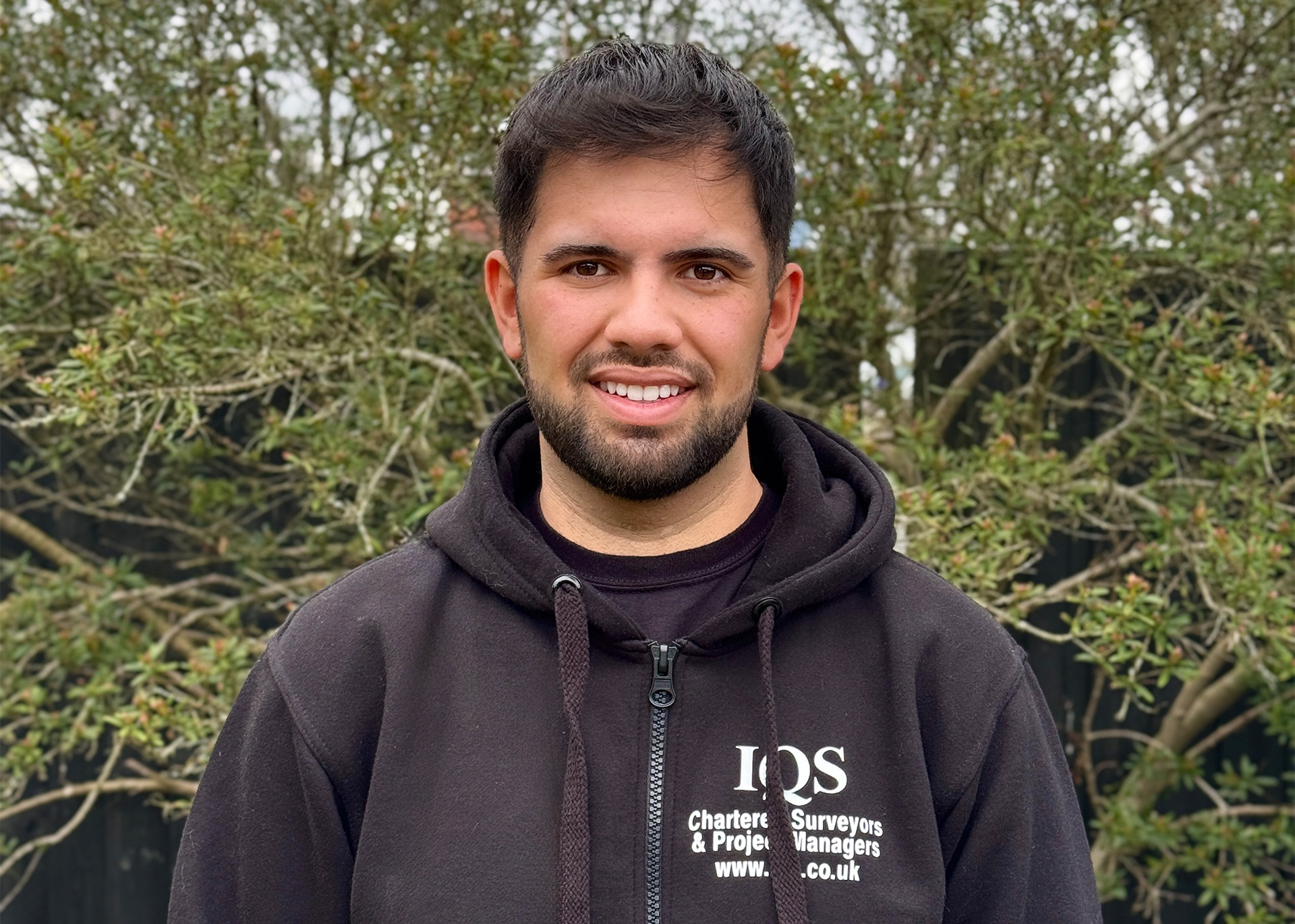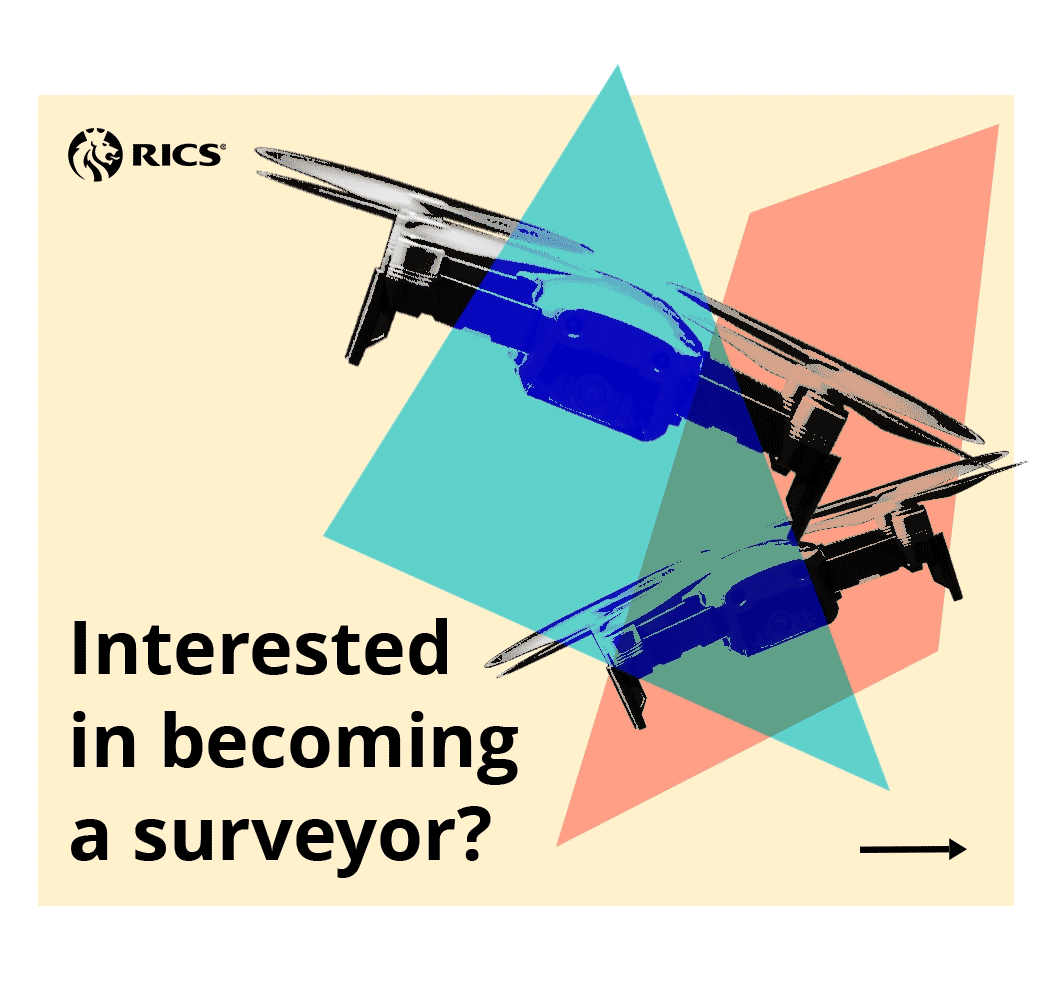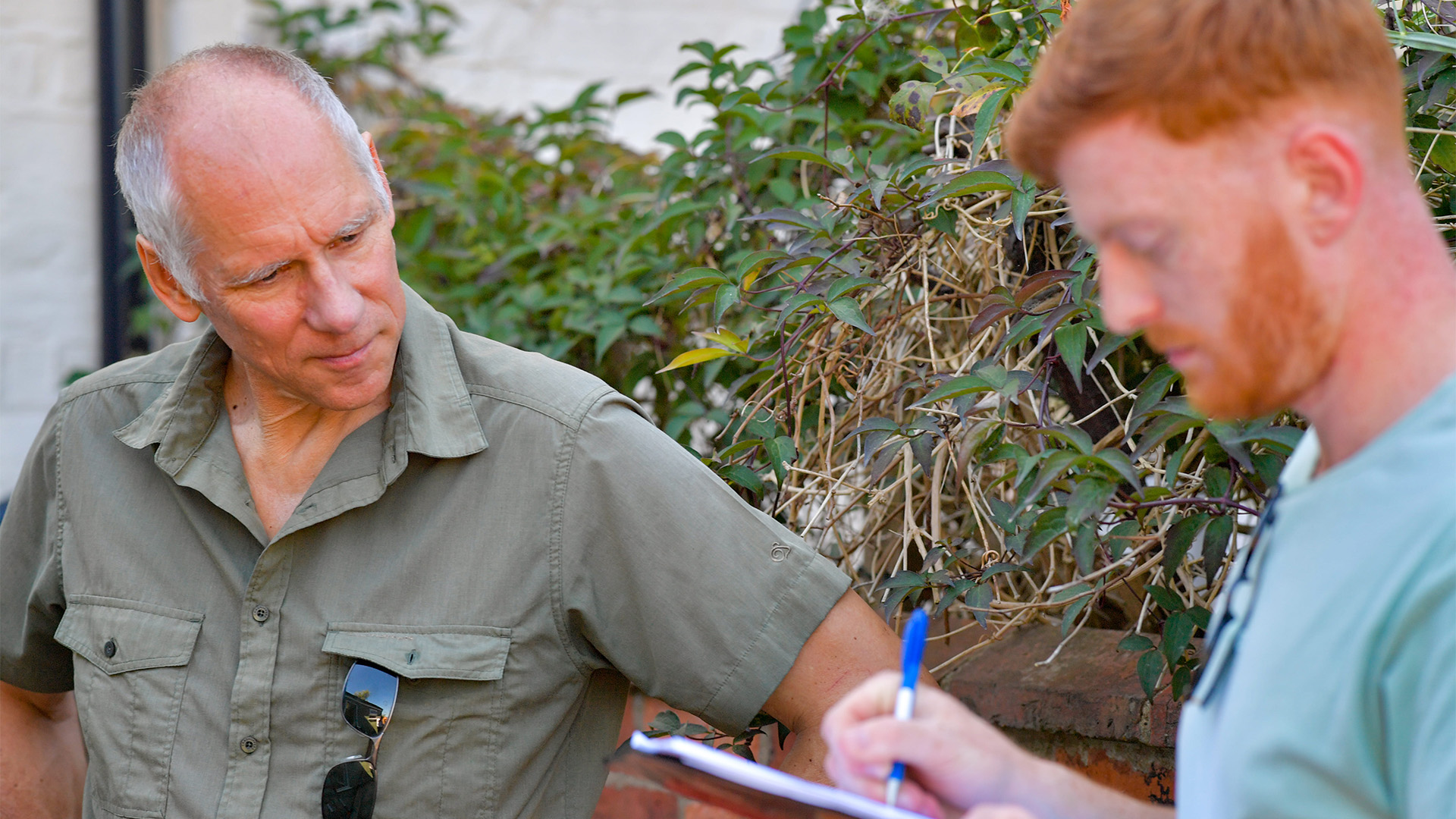“It’s great being able to provide opportunities for people who can offer a lot in residential surveying, but who otherwise wouldn't have been able to enter the profession,” says Sava managing director Austin Baggett FRICS.
The Sava Diploma in Residential Surveying and Valuation is the only vocational route into the profession and while it aims to help reduce skills shortages it also, says Baggett, plays a vital role in widening its diversity.
“We get a lot of individuals who didn’t have the opportunity socially or economically to do a degree in building surveying, it just wasn’t open to them,” he says. “What we can now do is enable them to join a profession, to practise as a residential surveyor and create their dream job.”
The level six Sava Diploma in Residential Surveying and Valuation is designed to enable those without a relevant degree or experience to train as a residential property surveyor. The course is vocational and part-time, allowing students to continue working while they study. It’s taught through a mix of virtual classrooms, online and face-to-face sessions, with an interactive online learning environment to keep learners engaged.
Once qualified, graduates can apply to join RICS as an associate member (AssocRICS). The diploma is also accredited by the Chartered Association of Building Engineers (CABE).
Baggett says the average age of the Sava student is 38, although it ranges from the youngest at 18 to the oldest at 68. They also come from various walks of life, from estate agents to English teachers, carpenters, and even former professional footballers. “On average, someone has over two decades of experience doing something else,” he explains. “They bring that fascinating experience into the residential surveying sector. So, when they begin their career they have a wider breadth of knowledge, understanding and experience. It’s true diversity.”
Launched in 2014, the diploma was developed in response to the growing skills shortages and recruitment problems in residential surveying. “People just weren’t coming into residential surveying through the degree route in the same numbers,” recalls Baggett. Sava, a training organisation established in the late 1990s, had previously designed a part-time, vocational training course to prepare for the now defunct home information packs. “We took the model of that qualification, part-time and vocational, we revised it and mapped it against the RICS residential surveying and valuation pathway,” says Baggett. “And with the backing of the RICS and employers such as Countrywide Surveyors and Legal & General, we started training people.”
Over a decade later and Sava has trained 870 residential surveyors, producing around 150 new surveyors a year, and boasts a 95% employment rate for its graduates.
The degree-equivalent course has 12 learning modules including professional ethics, law, research, building pathology and report writing. It’s written and taught by residential building surveyors and is periodically reviewed by employers to ensure its teaching the required skills. “We say that 95% of things we teach on the diploma are exactly the same skills you’ll need to have day-to-day as a residential surveyor,” Baggett says.
After the learning modules, students then move on to assessments. This includes producing 10 case studies, including survey and valuation reports, which accounts for around 80% of assessment. “By working through the case studies, students begin to think and behave as surveyors,” he says. One of the case studies includes an accompanied inspection where students are observed and later quizzed by an assessor. They also must complete two exams (set by ABBE, the Awarding Body for the Built Environment) and produce several reflective accounts to evaluate their understanding of ethics and professional conduct.
In the future Baggett wants to replicate its model for other sectors. It already offers level four qualifications to senior managers in social housing following the requirement under the Social Housing (Regulation) Act 2023. “We want to work with employers in other sectors to create vocational routes into professions,” he says. “We want to increase diversity and help with their skills shortages.”
Case studies

Zak Ahmed AssocRICS
Zak Ahmed AssocRICS
In his early teens, Zak Ahmed AssocRICS decided he wanted to be a surveyor. During his A-levels he had various university offers to study surveying, then COVID-19 hit. “During that time, I ended up helping my dad out a lot in his estate agency,” he explains. “I was really loving it, and I realised I didn’t want to go to university full-time.” He discovered Sava at a conference and liked the idea of getting qualified while working.
The initial learning stage was 12 months with a mix of face-to-face, virtual classrooms and online lessons to complete individually. “I quite liked it, because I’d go to work during the day and then in the evening, I’d have something to focus on, something productive to do.” But Ahmed says the assessment phase was much more difficult. “In the beginning I struggled with it because I’d become a branch manager, and the workload was long days and weekends.”
After not making the progress he’d wanted, he contacted Sava for support and a staff member made regular check-in calls to keep him on track. “She’d set me targets of things to do by the next week and then send me emails in between to see how I was getting on,” he says.
He describes this phase as “intense” with the first case study taking him a couple of months to complete then a feedback process with an assessor. “At the beginning there were a lot of questions. You might have 10 rounds going back and forth,” he says. “But that’s been good, because now I’m out in the real world those things have been drilled into my brain.”
He completed the course in December last year, finished his RICS accreditation in February and started his first surveying role with IQS Chartered Surveyors.
Natasha Palczuk AssocRICS
As an estate agent, Natasha Palczuk AssocRICS would often find herself working late at night. “I’d become very emotionally connected to the job and the clients,” she explains. “It was wearing me down.” She knew she wanted to get into the world of surveying and a friend recommended the Sava course. After attending an open day and speaking to Sava trainer and surveyor Larry Russen, Palczuk says she knew the qualification would be a “game changer” for her. “I liked the idea that you could use the qualification for different roles within the industry,” she says.
She started the course in 2017, qualifying in 2019. Before the pandemic, the classroom learning phase was face-to face, spread over 12 months. “I liked the social aspect,” she says, “connecting with like-minded people.” But she says the assessment stage was much more challenging, with students completing ten case studies under their own steam. “This is when priorities do have to shift to be able to make it work,” she says.
She adds that compiling the first case study was the most difficult. “You’re worrying have I done it right, have I ticked all the boxes?” But the assessors were encouraging, she adds, giving feedback multiple times to enable her to look at all aspects of her case studies. She also completed a building survey with an assessor and two exams in valuation and building defects.
On qualification, Palczuk immediately secured a job with chartered surveyor e.surv and is now a mentor for Sava graduates coming into the company. “I love it because it’s the perspective that I can give, I know exactly what it’s like to be in their shoes.”




